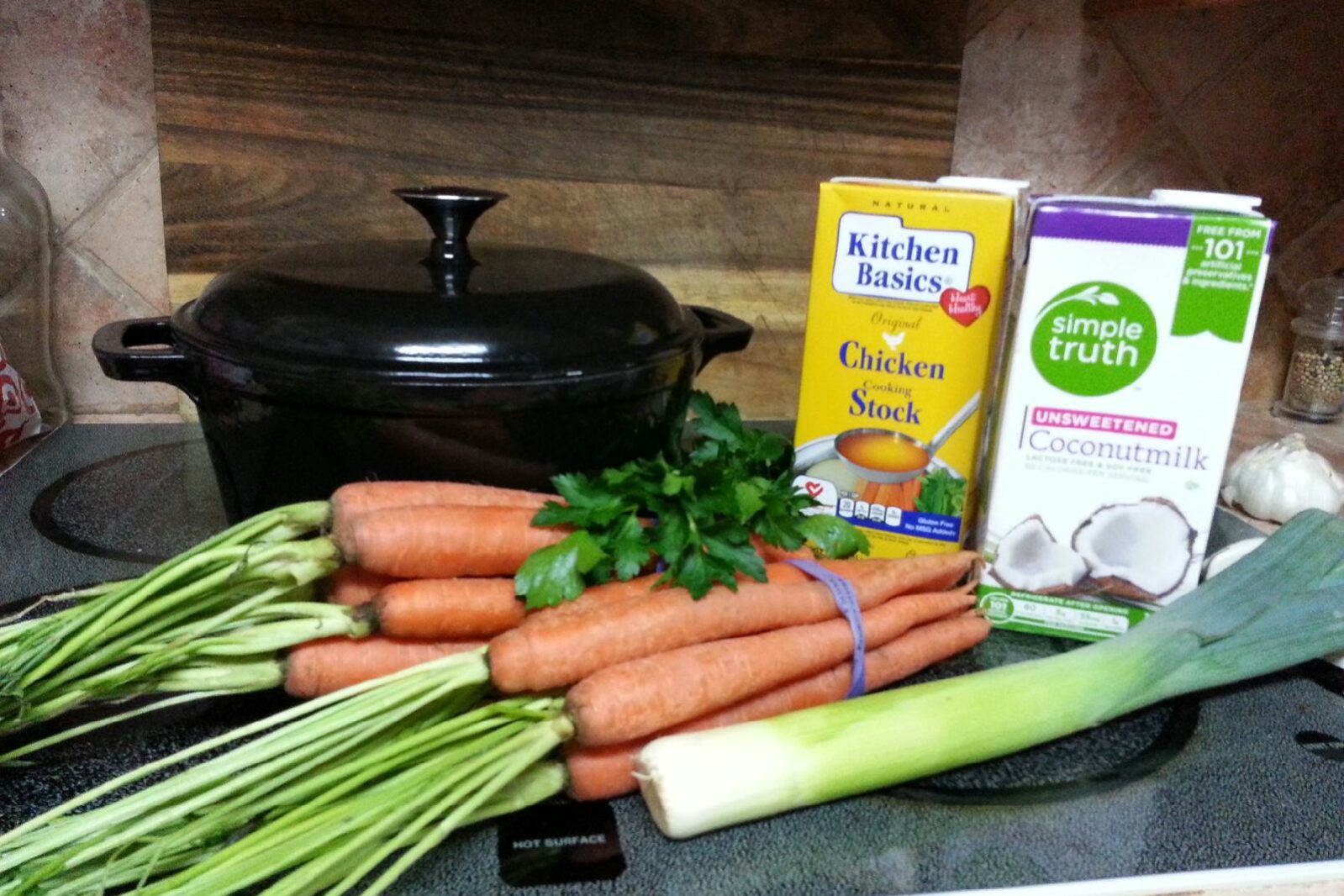Let’s take a look at two vegetables that are so common they are often taken for granted or overlooked. These two vegetables belong in more than salads and dieters’ survival kits. Each is a powerhouse of vitamins, minerals, and antioxidants, but when paired together have a super effect on strengthening your body and immune system.
The more common of the two vegetables highlighted in this article is the carrot. Typically orange in color, the carrot is full of carotenoids. Carotenoids have been shown to reduce the risk of cancer, heart disease, diabetes, and high blood pressure. Also, these carotenoids are used by the body to produce vitamin A which is very important for maintaining healthy eyes. Vitamin A is a powerful antioxidant which protects eyes from macular degeneration and cataracts, and improves both daytime and nighttime vision.
Carrots are a good source of vitamin C, and also contain vitamin E, vitamin K, and all of the B vitamins except B-12. The minerals found in carrots include, calcium, iron, magnesium, phosphorus, potassium, copper, selenium, and manganese.
Just one cup of carrots provides 428% of the RDA for vitamin A, 4 grams of fiber, 1 gram of protein, and is only 52 calories. The glycemic index is very low, at 3.
Carrots don’t need to be eaten raw to get the most nutrition from them. According to a study published in 2003 by the “European Journal of Nutrition”, consuming cooked and pureed carrots resulted in greater absorption of carotenoids than eating raw carrots.
The second, and least common, of the two vegetables highlighted in this article is the leek. Leeks belong to the onion family; in fact, they resemble a large green onion. Their mild flavor make them a great addition to many dishes, including salads.
Leeks are high in vitamin A, although not quite as high as carrots, vitamin K, and vitamin C. They also contain iron, calcium, manganese, copper, folate, and vitamin E, as well as, many of the B vitamins, in particular, folate. Leeks are loaded with flavonoids and antioxidants that protect blood vessels and blood cells, and help to reduce chronic low-level inflammation, which lowers the risk of cancer, diabetes, heart disease, and rheumatoid arthritis.
Leeks contain allicin which reduces cholesterol production in the liver, and is anti-bacterial, anti-viral, and anti-fungal.
One leek contains 2 grams of fiber, 1 gram of protein, no fat, and is only 50 calories.
Carrots and leeks are very versatile and are fabulous when cooked together or served together raw. Add them in with a pot roast, stir fry or other favorite dish, or throw them on top of a fresh salad.
The health benefits of these two vegetables deserve consideration as a regular part of your diet. Cooked or raw, they provide important nutrients to help your body fight off disease and the effects of aging.
When it is cold outside, I like to make soup with them. The natural sweetness from the carrots combined with the rich and creamy feel of coconut milk makes it a perfect wintertime meal. I have included my personal recipe below for Roasted Carrot and Leek Soup. This is a good basic recipe that can be prepared as is, or with other herbs and spices for a specific occasion. For example, add cashew nut butter for Thanksgiving, or spice it up with cumin and cayenne pepper for a Mexican style flare.
Roasted Carrot and Leek Soup
2 bunches of organic carrots
1 leek
½ cup fresh chopped parsley
¼ cup fresh chopped basil
4 cups of chicken stock
4 cups organic unsweetened coconut milk
Salt to taste
Cut up carrots and leeks to reduce cooking time. Chop parsley and basil.
In a Dutch oven combine approximately 1 cup of chicken stock, carrots, parsley, basil and leeks. Cook at 350°F for 1 hour, or until carrots are soft.
Move Dutch oven to stove and puree contents while slowly adding the remaining chicken stock.
Salt and season to taste.
On medium heat, add coconut milk last, stirring occasionally until soup is once again hot. Do not boil.
Makes 6-8 servings.








